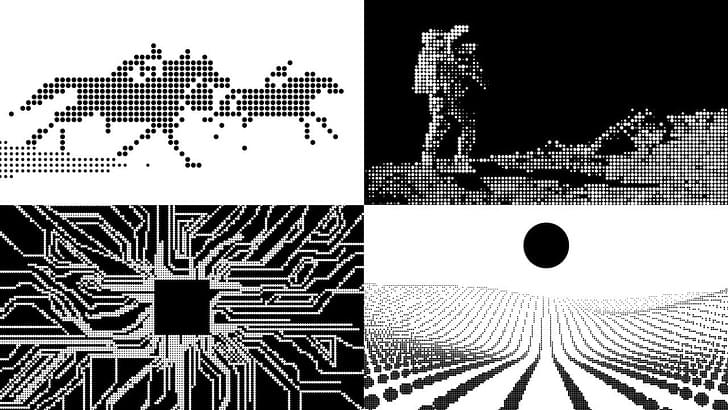In today’s AI news, the OpenAI commercial, developed under new CMO Kate Rouch, deliberately avoids mentioning AGI or superintelligence, which are at the core of OpenAI’s mission. “We want the message to feel relevant to the audience that is watching the Super Bowl, which includes tens of millions of people who have no familiarity with AI,” Rouch said.
S $254-billion software industry by 45% over the next five years, according to a survey by consulting firm EY India. This boost will come through the dual effect of the IT industry integrating elements of GenAI and client projects move from concept to production. + Then, the French government plans Monday to pledge a gigawatt of nuclear power for a new artificial-intelligence computing project expected to cost tens of billions of dollars. France is making a bid to catch up in the artificial intelligence race by leaning on one of its strengths: plentiful nuclear power.
And, Canadian investment firm Brookfield plans to invest €20 billion by 2030 in artificial intelligence projects in France (around $20.7 billion at current exchange rates), according to a report from La Tribune Dimanche confirmed by news agency AFP. The majority of the sum will be used to build AI-focused data centers.
In videos, we join Adrian Locher, Merantix Capital, Wei Li, BlackRock, Scott Sandell, NEA, Rob Heyvaert, Motive Partners, and Guru Chahal, Lightspeed Venture Partners, discussing how to identify the next category-defining opportunities in AI across venture capital, private equity, and beyond?
Is what happens when millions of people get access to a transformational general purpose technology such as artificial intelligence, enabling superpowers that benefit both individuals and society.” + Then, check out the cutting-edge world of “hackbots”—AI agents designed to autonomously hack websites. Joseph Thacker, Principal AI Engineer at AppOmni as well as a security researcher who specializes in application security and AI, discusses the basics of hackbots, the current landscape of the technology, and its potential future implications.
S impact on cybersecurity roles, from automating tasks to creating new opportunities. + Thats all for today, but AI is moving fast — like, comment, and subscribe for more AI news! Please vote for me in the Entrepreneur of Impact Competition today! Thank you for supporting my partners and I — it’s how I keep Neural News Network free.
[](https://open.substack.com/pub/remunerationlabs/p/inside-open…are=false)






